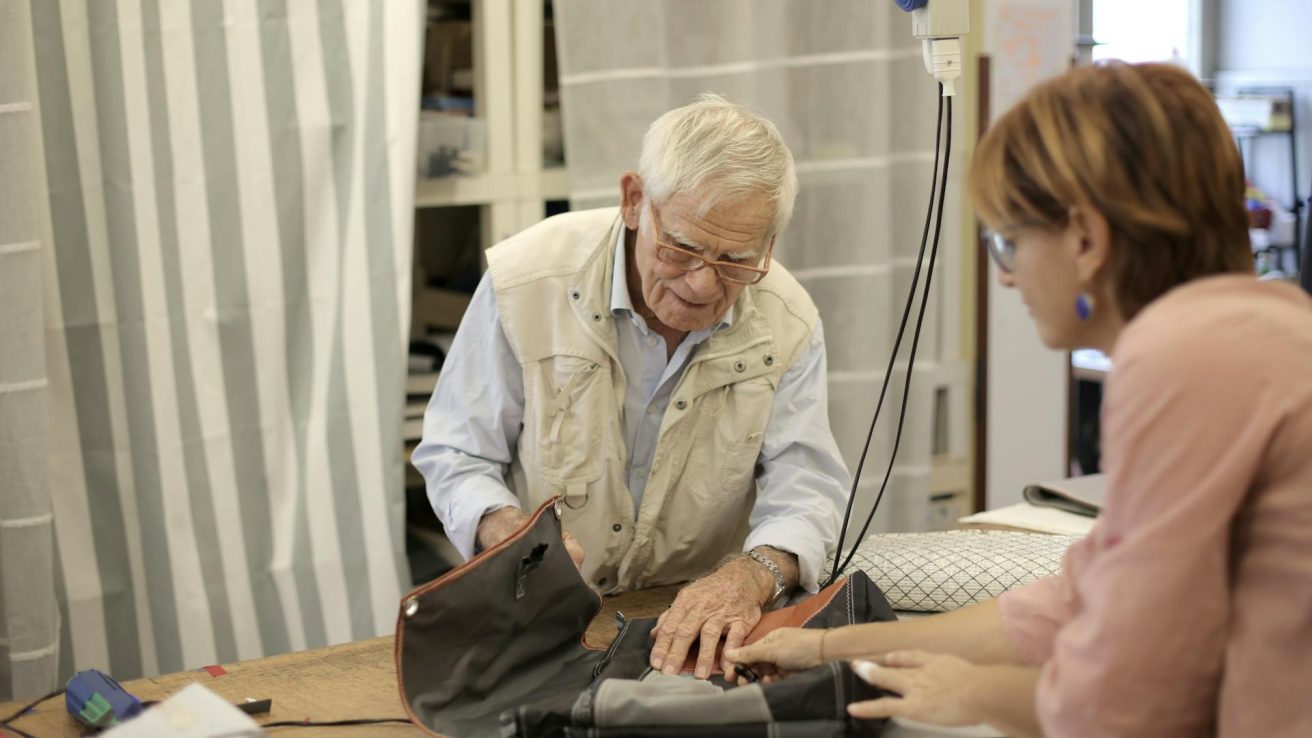Results of a phase 2 study indicate that bipolar androgen therapy with nivolumab may augment the anti-tumor immunologic response of the body against metastatic castration-resistant prostate cancer, which is further strengthened by immune checkpoint inhibition.
Bipolar androgen therapy (BAT) in metastatic castration-resistant prostate cancer (mCRPC) patients drives testosterone levels above the physiologic range and then back to near-castrate levels during the 28-day treatment cycle.
Prior treatment with BAT in patients receiving immune checkpoint inhibitors is associated with a more durable therapeutic response, indicating that BAT primes mCRPC patients to respond to immune checkpoint inhibitors. To test this hypothesis, the prospective phase 2 COMBAT study was conducted. The findings are published in the journal Nature Communications.
Baseline Characteristics
The study enrolled a total of 45 patients, with the majority having a Gleason score of ≥ 9. Nearly half (44.4%) of the patients had received taxane chemotherapy previously. All the patients had received a minimum of one dose of BAT. The median age of the participants was 69 (51–86) years.
Bipolar Androgen Therapy and Prostate-Specific Antigen Response
A prostate-specific antigen decrease of > 50% from baseline (PSA50) of 40% was achieved. The PSA50 response rate with BAT monotherapy was 35.6%.
Prostate-Specific Antigen Response and Nivolumab
The majority of the PSA50 responses were recorded on BAT monotherapy; however, two PSA50 responses and three objective responses were associated with the addition of nivolumab to the BAT treatment regimen. Genomic alterations were not associated with rates of PSA50 responses.
Patient Survival Outcomes
The median radiographic progression-free survival (rPFS) was 5.6 (5.4–6.8) months. The median overall survival (OS) in the patients was 24.4 (17.6–31.1) months. After being stratified by prior chemotherapy and androgen receptor-targeted therapies, there were no significant differences in rPFS and OS rates. Poor clinical outcomes were observed in patients with high Gleason scores and visceral disease.
Safety Outcomes in Bipolar Androgen Therapy With Nivolumab
The majority of the adverse outcomes that occurred in patients receiving BAT with or without nivolumab were grade 2 or less. BAT monotherapy was associated with grade 3 musculoskeletal pain in one patient and lower extremity edema in another patient.
Bipolar Androgen Therapy and Biopsy-Based Clinical Response
In pre-treatment biopsies of mCRPC patients, the median density of CD8+ T cells and the PD-1+ subset was higher in BAT ± nivolumab treatment responders compared to non-responders. Similar trends were observed in CD4+ T cells and the PD-1+ subset of CD4+ cells.
Source:
Markowski, M. C., Taplin, M., Aggarwal, R., Sena, L. A., Wang, H., Qi, H., Lalji, A., Sinibaldi, V. J., Carducci, M. A., Paller, C. J., Marshall, C. H., Eisenberger, M. A., Sanin, D. E., Yegnasubramanian, S., Gomes‐Alexandre, C., Ozbek, B., Jones, T., De Marzo, A. M., Denmeade, S. R., & Antonarakis, E. S. (2024). Bipolar androgen therapy plus nivolumab for patients with metastatic castration-resistant prostate cancer: the COMBAT phase II trial. Nature Communications, 15(1). https://doi.org/10.1038/s41467-023-44514-2






